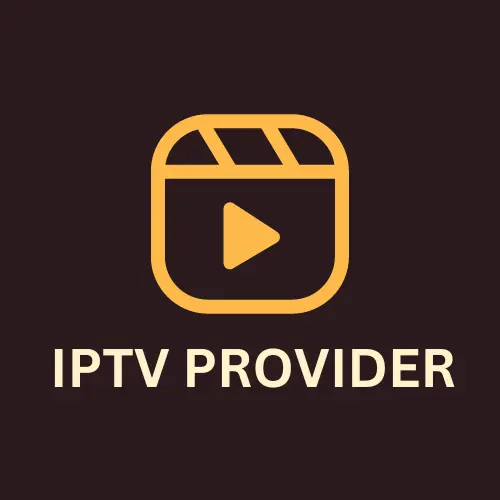The Legality of IPTV Services in Canada
In recent years, the popularity of Internet Protocol Television (IPTV) services has risen significantly, offering users a convenient way to access a wide range of television channels and on-demand content. However, the legal status of IPTV services in Canada remains a topic of debate. In this article, we will delve into the complexities surrounding IPTV services, exploring the legal frameworks, key considerations, and potential implications in Canada.
Legal Framework in Canada:
The legality of IPTV services in Canada is a complex matter. The Copyright Act of Canada governs intellectual property rights, including television broadcasts. According to the Act, it is illegal to distribute copyrighted content without the permission of the rights holder. This means that streaming copyrighted content via IPTV without proper authorization may infringe upon these rights.
However, the legal ambiguity arises when considering the distinction between streaming and downloading. Streaming involves accessing content temporarily without storing it permanently, whereas downloading involves saving a copy for future use. Canadian courts have ruled that temporary copies created during streaming do not infringe upon copyright, as long as they are not retained or distributed.
How To Get IPTV Subscription In 2024?
Grey Areas and Legal Challenges:
One of the biggest challenges in enforcing copyright laws related to IPTV services is the prevalence of unlicensed streaming platforms. These platforms often operate from overseas jurisdictions, making it difficult for Canadian authorities to regulate and shut them down effectively.
Another grey area is the use of IPTV devices and applications. While the technology itself is legal, the use of these devices or applications to access copyrighted content without authorization is not. Some IPTV services offer access to pirated content, presenting a significant legal concern.
Additionally, consumers who subscribe to IPTV services may unknowingly be participating in copyright infringement. When users access copyrighted content through unauthorized IPTV platforms, they indirectly contribute to the infringement, although the responsibility primarily lies with the service providers.
Enforcement Efforts and Legal Precedents:
To combat copyright infringement associated with IPTV services, Canadian authorities have taken steps to enforce the law. In 2016, the Royal Canadian Mounted Police (RCMP) conducted a nationwide crackdown on illegal streaming platforms and IPTV services, leading to multiple arrests and the seizure of equipment.
Moreover, Canadian courts have set legal precedents by ruling against individuals and organizations associated with the distribution of unauthorized IPTV services. In 2019, the Federal Court of Canada granted an injunction against a prominent IPTV provider, blocking access to its services and ordering compensation for copyright infringement.
Conclusion:
The legality of IPTV services in Canada remains a convoluted issue. While the technology itself is legal, the use of IPTV to access copyrighted content without proper authorization is a violation of intellectual property rights. Consumers should exercise caution when subscribing to IPTV services, ensuring that they only use licensed platforms. Additionally, Canadian authorities need to continue their efforts to combat piracy and enforce copyright laws in the digital landscape.
As the IPTV landscape evolves, lawmakers and stakeholders need to address the legal ambiguities surrounding this technology. Striking a balance between protecting intellectual property rights and providing consumers with legitimate access to content will be crucial in shaping the future of IPTV services in Canada.






